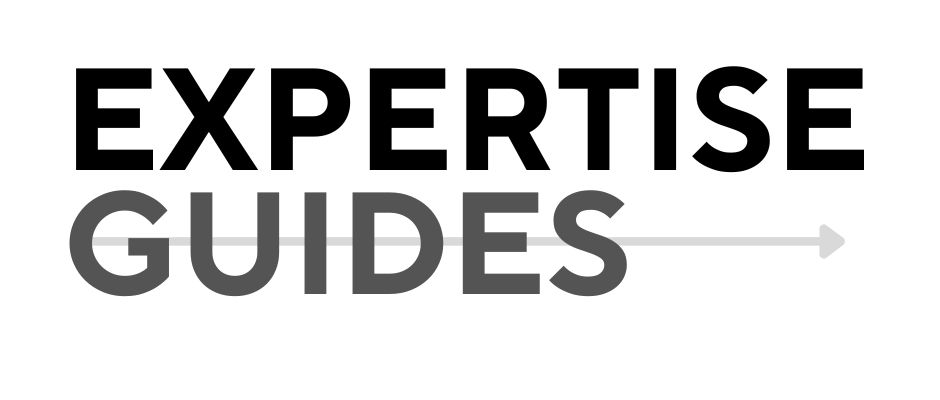Summary: Discover practical strategies to navigate and resolve conflicts effectively with this interactive workbook, enhancing your communication and problem-solving skills.
Information Type: Workbook
Introduction: The Power of Enhanced Conflict Resolution
Conflict is a natural part of life, but how we handle it can make a significant difference in our personal and professional relationships. Enhanced conflict resolution involves understanding and addressing the underlying issues constructively. This workbook aims to equip you with the tools needed for effective conflict resolution, focusing on self-awareness, communication, and collaborative problem-solving.
We’ll guide you through interactive exercises designed to help you reflect on your own conflict style, improve your communication skills, and develop strategies for resolving conflicts. Use this workbook actively to gain insights and apply what you learn in real-world situations.
Self-Reflection and Awareness
Understanding your conflict style
Every individual has a unique approach to handling disagreements. Do you avoid conflict, confront it head-on, or seek compromise? Take the Conflict Style Assessment to uncover your style and understand how it affects your interactions.
Identifying personal triggers
Recognizing what sets you off can help you manage your reactions better. Reflection prompt: List your top 3 conflict triggers. Understanding these can prepare you to handle conflicts more calmly.
Emotional intelligence in conflict situations
Emotional intelligence is crucial in managing conflicts. Engage in the emotion mapping activity to track your emotions during conflicts, helping you respond rather than react.
Active Listening and Effective Communication
The art of active listening
Effective communication starts with active listening. Practice exercise: Paraphrase and summarize a partner’s statement to ensure understanding and validation.
Non-verbal communication awareness
Non-verbal cues can speak louder than words. Use this checklist to master body language do’s and don’ts, ensuring your gestures align with your intentions.
“I” statements and assertive communication
Expressing your needs assertively can prevent misunderstandings. Use the template for crafting effective “I” statements, focusing on your feelings and needs without blaming others.
Asking open-ended questions
Open-ended questions encourage dialogue and understanding. Transform closed questions into open-ended ones with our scenario practice.
Collaborative Problem-Solving Techniques
Interest-based negotiation
Identify interests, not positions, for more effective negotiations. Fill out the worksheet to differentiate between what you want and why you want it.
Brainstorming and creative solutions
Collaborative solutions are often the most effective. Participate in a group activity to brainstorm creative solutions to a given conflict scenario.
Win-win thinking
Learn from real-life examples with our case study analysis of successful conflict resolutions that emphasize win-win outcomes.
Compromise and finding middle ground
Reflect on your personal experiences with compromise. Share a situation where you successfully found a middle ground, fostering mutual understanding.
Putting It All Together: Real-World Application
Creating a personal conflict resolution action plan
Utilize the Template: My Conflict Resolution Toolkit to outline your strategies and approaches for handling future conflicts effectively.
Practicing with real-life scenarios
Role-play exercises allow you to apply what you’ve learned. Engage in these activities to refine your conflict resolution skills in a safe environment.
Continuous improvement and learning
Your journey in conflict resolution is ongoing. Use the journaling prompt to reflect on your experiences and identify areas for improvement.
Conflict resolution is a journey, not just a destination. By engaging with this workbook, you’re taking proactive steps toward building better relationships and understanding. Follow me for more insights, comment with your thoughts, and share this workbook with others who might benefit. Let’s build bridges together!


